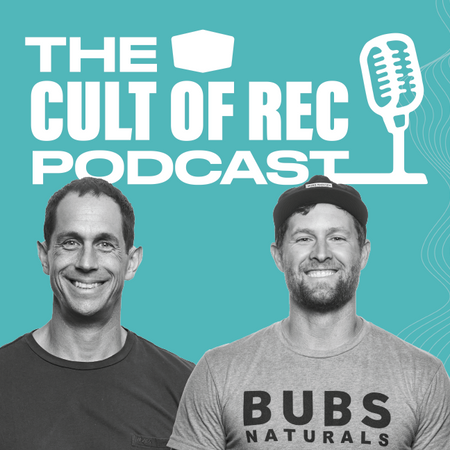Pre-workout or coffee: which one’s for you?
Let’s say you’re gearing up for a morning workout and want something to help you get started. You have a choice to make. Do you have your normal cup of coffee? Or do you grab your pre-workout? Both contain caffeine to help you get energized before hitting the gym, and both have their advantages. Let’s get into it.
What is pre-workout?
Pre-workout is a supplement meant to be taken before exercise. There is no single pre-workout formula, but most are intended to provide energy and ingredients that stimulate muscle growth. This is different from energy drinks, which are only intended for energy and mental focus.
Caffeine: the star of the show
Most pre-workout supplements' main ingredient is caffeine, and many brands contain nearly three times the amount in a cup of coffee. This could be an issue for people who are sensitive to caffeine or who struggle with interrupted sleep. If you find you struggle with caffeine, you may want to take this into account when deciding between coffee and pre-workout or save it for the morning so it will wear off by the time you go to bed.
Other common pre-workout ingredients:
In addition to caffeine, pre-workout also contains ingredients that promote muscle growth and endurance. A few popular pre-workout ingredients include the following:
Beta-alanine: beta-alanine helps make carnosine, which promotes endurance.
Creatine: creatine is known by people in the weightlifting community for promoting strength. Creatine helps muscles use ATP, which is responsible for giving energy to cells.
Branched-chain amino acids: also known as BCAAs, are three of the nine essential amino acids, meaning they cannot be made by the body but have to be obtained through food or supplements. The three amino acids are leucine, isoleucine, and valine.They are known for promoting muscle growth, decreasing muscle soreness, and preventing fatigue.
L-Citrulline: Our bodies can use L-Citrulline to build L-Arginine which is then used to produce nitric acid. Nitric acid keeps our blood vessels pumping.
Ingredients to avoid
Like many supplements, pre-workout isn’t heavily regulated, so some brands add ingredients that are ineffective or unnecessary. Stay away from these ingredients:
Artificial sweeteners and sugar alcohols: while many people turn to artificial sweeteners to cut calories, research is starting to suggest that the negatives outweigh the positives. These ingredients can cause digestive discomfort.
Excessive caffeine: while caffeine can help your workout, avoid brands that use excessive amounts of caffeine.
Untested brands: the supplement industry is highly unregulated, so look for brands that have been third-party tested by groups such as NSF International.
Pre-workout should be taken consistently
Like many supplements, pre-workout works best when taken consistently. Taking pre-workout consistently helps the heavy lifting ingredients build up in your body. If you are new to pre-workout, try taking it for about three weeks in a row.You should also take pre-workout about 20 minutes before working out so that it has time to kick in.
Side effects of pre-workout
Like other supplements, pre-workout may have some side effects
Feeling jittery
Irregular heartbeat
Trouble sleeping
Changes in blood pressure
Digestive issues
Many of these symptoms are due to the caffeine content and in some cases, the high levels of sugar, so pay attention to what ingredients are in yours.
Coffee before working out
Most experts agree: caffeine is caffeine. It doesn't really matter how you take it. So feel free to drink coffee before working out to enjoy the same caffeine kick you would get from pre-workout. Keep in mind that coffee has less caffeine than pre-workout.There is also the matter of timing. To really get the most from caffeine, it’s best to drink coffee within the hour before exercising.
Using coffee as pre-workout
You can make your own pre-workout using BUBS Brew coffee and a few helpful ingredients: collagen and MCT oil powder.Collagen peptides are amino acids sourced from natural collagen, usually from cows. Collagen contains the three BCAAs that are found in many pre-workout formulas. But that's not all: glycine promotes metabolic function and is an essential building block of creatine while proline protects the joints. Collagen has been found to promote joint health and decrease the effects of Delayed Onset Muscle Soreness or DOMS.MCT oil is known as a clean energy source that provides instant energy. That’s because MCT is 70% C-08, a compound that the body can convert to ketones almost immediately upon ingestion. This is because it can bypass the digestive tract and be processed by the liver. MCT oil is the basis of bullet coffee, which also incorporates butter, and is popular when on the keto diet as it is thought to promote ketosis.
Look for a brand you trust
Ultimately, what you choose to enjoy before a workout is up to you. You may find a pre-workout that has ingredients that work for you and your fitness needs. BUBS Naturals is committed to bringing you NSF-approved collagen and MCT oil powder to help you reach your fitness goals and live your healthiest life so you can die young as old as possible.






